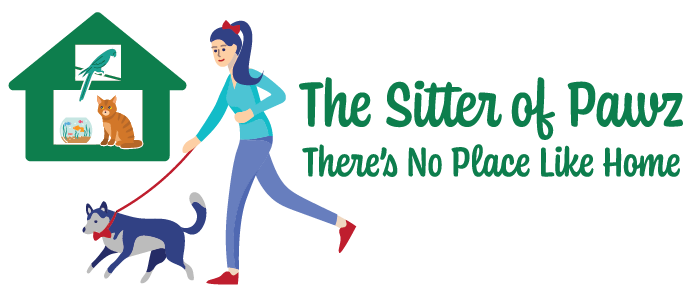Separation Anxiety
One of the best things that you can do for your dog is to help them feel comfortable and safe when they are home alone. Dogs are more stable and less likely to panic when you leave the house if you can teach them how to enjoy their time alone. Separation anxiety in dogs is something that most dogs experience to some degree. They feel distressed and, in worse cases, act out with behavior problems when separated from their owner. Typically, they will howl, bark, or whine excessively; have accidents even though they have been house trained, chew things up, dig holes, scratch windows and doors, or even chew up door frames and drywall. Dogs can also exhibit signs of stress by drooling, panting, and pacing more than normal. Even a dog that is kenneled can try to escape and cause bodily harm to himself.
So, How do you help your dog when you leave? First, it is always best to talk to your vet, especially if it is severe, to rule out health issues. Dogs with urinary tract infections will have potty accidents, and dogs with painful dental problems will chew things they shouldn't. Next, make sure that your dog is getting plenty of playtime and exercise. Play fetch or take your dog for a walk before you head out to work. "A tired dog is a good dog" You may also want to consider a professional dog walker like The Sitter of Pawz (shameless business plug here) to break up the monotony of a long day and give added exercise to your pup.
One way that you can make being left alone fun for your dog is by giving them a special treat, like a toy stuffed with peanut butter and frozen. Ensure that the peanut butter does NOT have xylitol in it, though, as that is an artificial sweetener that is poisonous for dogs. Yogourt can also be used in a toy and then frozen. You will want only to give your dog this special treat when they are being left alone so that they associate being left alone with a yummy, long-lasting treat. Keep music on or the TV. If you leave the TV on, be sure to put it on a channel that will have a boring monotone speech like the shopping channel. Anything that is too high-strung, like a news channel, can add to your pet's distress. Some cable providers have channels that are geared for cats and dogs. You can also leave out some recently worn clothing.
Another thing to consider is to make your coming and going very tranquil. You don't want to cause too much excitement even when you arrive home. Let them out of the kennel, go outside, and then give them love and attention.
According to WebMD's Veterinary reference, One way you can help is by letting dogs get used to you being gone, first for very short time periods. Start by going out the front door for just a few short seconds and return with a treat. Then go out for 5 minutes and return with a treat. Keep stretching the time and once they seem used to the new time, stay out a little longer the next time.
Another trick that can help is for you to get ready without going anywhere. Dogs can tell that we are about to leave them when they see us putting on our shoes or grabbing our purse and keys. Pay attention to the routine you use and then mirror that behavior and stay home to play. Do this often enough, and it will help end their anticipation and lessen their anxiety when you do leave.
Finally, some dogs may need help from either an over-the-counter, natural calming supplement or a heavier drug provided by your vet. I have seen dogs put on Prozac temporarily, about six months, turn out to be amazing dogs that deal with separation well. Drug therapy doesn't have to be permanent to work wonders. Even CBD oil has been shown in many clinical trials and studies to help dogs with anxiety.
If worse comes to worst and you are at your wit's end, consider hiring a behaviorist to come in and help. They are trained and well-educated in supporting our "troubled kids" to turn things around. You would be surprised how often the pet parent finds out that they are the ones needing some training.

